Family Sponsorships
Moving abroad and leaving your loved ones on the opposite coast is not easy. One of the objectives of the Government of Canada is to see that families are reunited. Certain family members may qualify to settle in Canada long-term and become permanent residents under the family class category. After becoming permanent residents, they can live, study and work in Canada; thus, you no longer need to apply for a visitor visa and provide a letter of invitation. Like other immigration categories, family class sponsorship has specific requirements, such as minimum necessary income, which the Sponsor should meet. If you are wondering how to sponsor someone to Canada, you should start by reviewing family sponsorship applications, eligibility, and requirements. You may be eligible to sponsor a child, spouse, or a common-law partner living outside or inside Canada if you are 18 years of age or older and a Canadian citizen or permanent resident.
When you sponsor a family member, whether your dependent child or spouse/common-law partner, you promise to support them financially. Therefore, you must work in Canada and meet specific income requirements. Sponsoring a family member to Canada is a big commitment, as you must sign an undertaking agreement. Kindly note that family sponsorship in Canada is not eligible for a tax receipt.
Who Can be Sponsored?
Only the following members of the family class may be sponsored:


